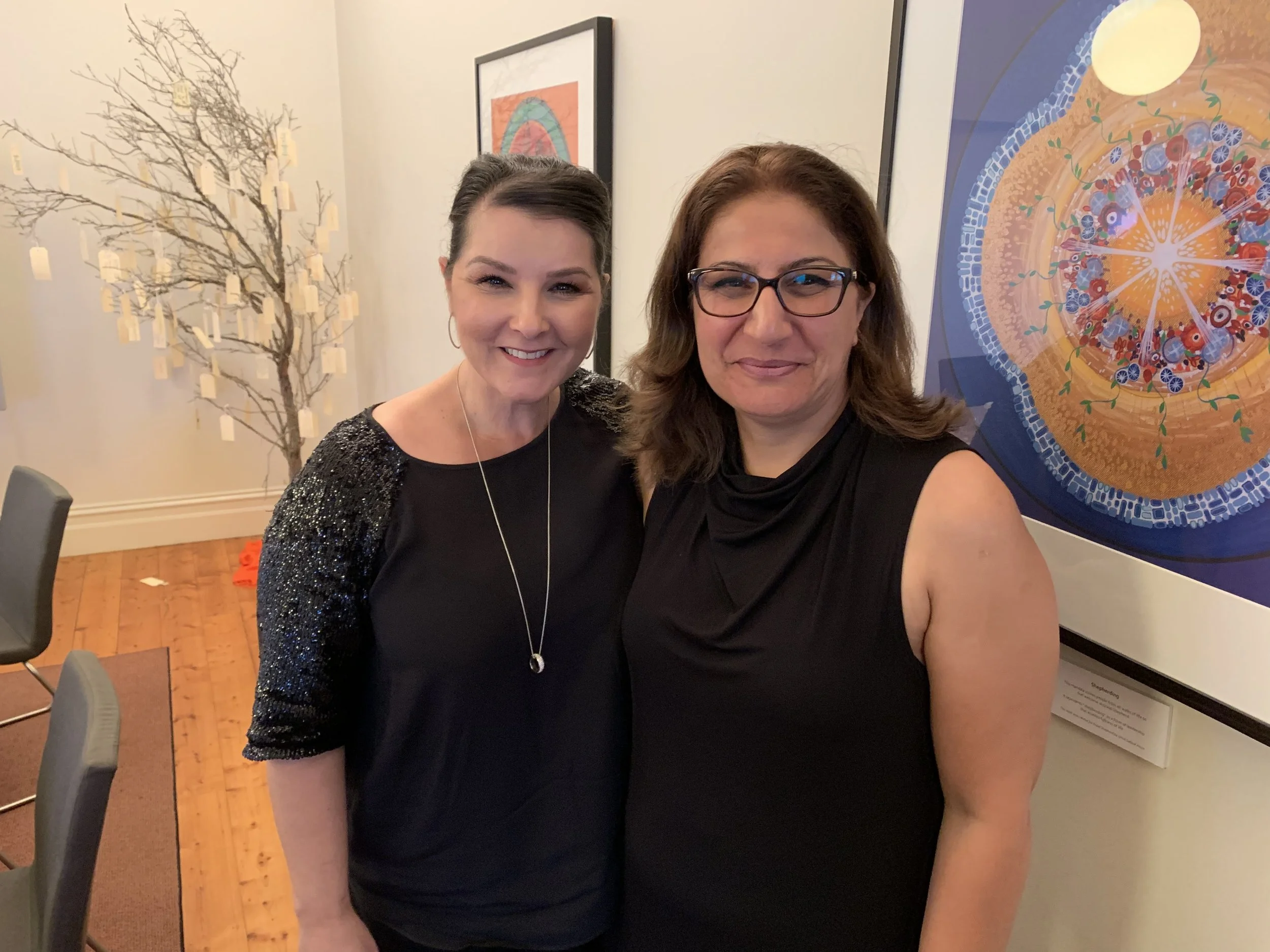Violence and aggression perpetrated against frontline public servants is a serious issue, argues Steve Munns, psychologist, public servant and PhD scholar at the ANU’s School of Regulation and Global Governance.
Read MoreMeredith Edelman argues that ‘morally bankrupt’ corporations should face the possibility of a corporate ‘death penalty’ and having their shares redistributed among the victims of their crimes. Her post explains how this may help in corporate accountability.
Read MoreLast week was NAIDOC week - a week set aside for non-Indigenous Australians to “increase [their]awareness… of the status and treatment of Aboriginal and Torres Strait Islander Australians.” Today’s post, by Zuleyka Zevallos (@othersociology) shares her listening and learning to the unjust experiences of Indigenous women in the criminal justice system. This piece first appeared at Other Sociologist.
Read MoreToo many of our kids are incarcerated and living away from their families and their ‘country’ in youth detention facilities. It is urgent and critical to commit to transforming the way Australian youth justice service is undertaken. Sharynne Hamilton, Ngunnawal woman and PhD scholar at the University of Western Australia, explains the potential of ‘Justice Capital’ to lead the way.
Read MoreVictoria has recently committed to spending a whole lot more on prisons and corrections to accommodate its growing prison population. As Deirdre O’Neill, Valarie Sands and Graeme Hodge of Monash University report, Victoria relies more heavily on privatised prisons than anywhere else in the country, but lack of transparency makes it frustratingly difficult to tell whether privatisation has delivered on its promises of cheaper, better and more accountable. This post is based on their recent article in the Australian Journal of Public Administration.
Read MoreIf we believe in a society that is just and equitable, and where the rule of law is both respected and effective in maintaining such a society, then our criminal justice system is failing us in achieving these aims. In today’s post, Helen Forster of Good Shepherd Australia New Zealand proposes basic principles for addressing shortcomings in how the criminal justice system interacts with women, and proposes that innovative health justice partnerships offer a promising corrective.
Read MoreThroughout the month of February, Good Shepherd Australia New Zealand hosted Farwha Nielsen, a Danish cross-cultural dialogue and mediation specialist, in a series of events which explored an innovative model of family work to support individuals impacted by forced marriage. Here Laura Vidal (@lauraemilyvidal) of Good Shepherd Australia New Zealand discusses how the model could fill gaps in Australia’s current criminal response to forced marriage.
Read MoreStalking as a phenomenon has been noted in human behaviour for well over a century. References to obsessive behaviour and the need to retain intimacy with another person can be seen in the writing of Victorian author, Louise May Alcott, who wrote Little Women. In her novel, A Long Fatal Love Chase, a woman is chased across the seas for years by her estranged husband, until he mistakenly kills her whilst trying to murder her new partner. Holding her dead body in his arms, the ‘stalker’ then kills himself and as he does so he says “Mine first - mine last – mine even in the grave!” This obsession to the point of murder is not a sensational, fictitious idea but a behaviour which is worryingly still prevalent within our society in 2017. In this blog post Victoria Charleston, Policy Officer at Suzy Lamplugh Trust explores stalking and potential implications for policy.
Read MoreWhile it is widely acknowledged that the Internet has many positive aspects, it may be used by some individuals to engage in illegal behaviour. Durkin (1997) suggested four different ways in which the Internet may be misused by individuals who have a sexual interest in children: (a) exchanging child sexual abuse material; (b) identifying potential victims for sexual abuse in the physical world; (c) engaging in inappropriate sexual communication; and (d) corresponding with like-minded individuals. The ‘engagement in appropriate sexual communication’ involves offenders accessing Internet communication platforms (ICPs) to approach children and initiate conversations with them, which may develop into interactions in which offenders incite them to engage in sexually explicit talk and/or activities. As part of such interactions, offenders may request sexual images and exposure via webcam. This is commonly referred to as ‘online sexual grooming’. The following blog post explores the cutting edge research of Dr Juliane Kloess at the University of Birmingham, and looks at what we know about offenders, and what can be done to support young people around awareness of the risks of online abuse.
Read More*Content warning: This post contains references to sexual violence.*
A recent Victorian court decision to release a teenager charged with sexual assault on strict bail conditions has prompted an outcry from Victoria Police and the state opposition. Today's post from an anonymous Australian lawyer challenges us to consider a more progressive legal and moral standpoint- from an anti-carceral feminist perspective, imprisonment for the sake of harsh punishment will not lead to the teenager's reform and rehabilitation.
Read More






